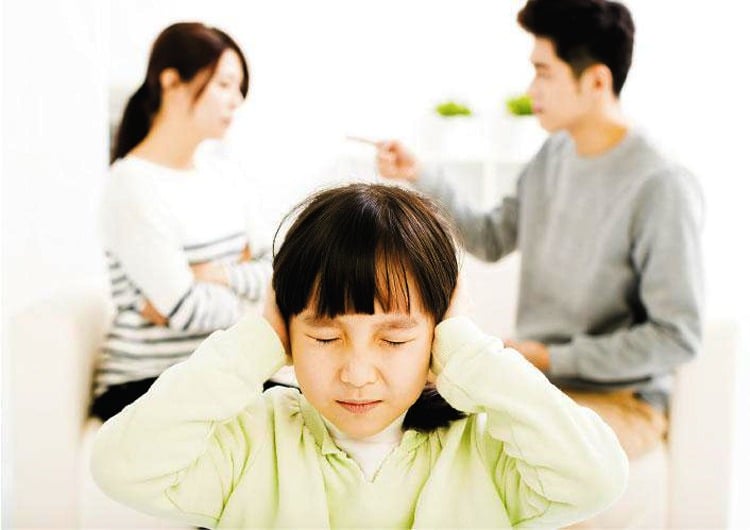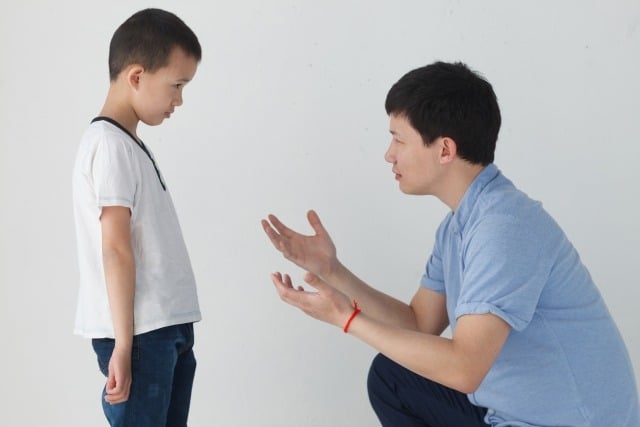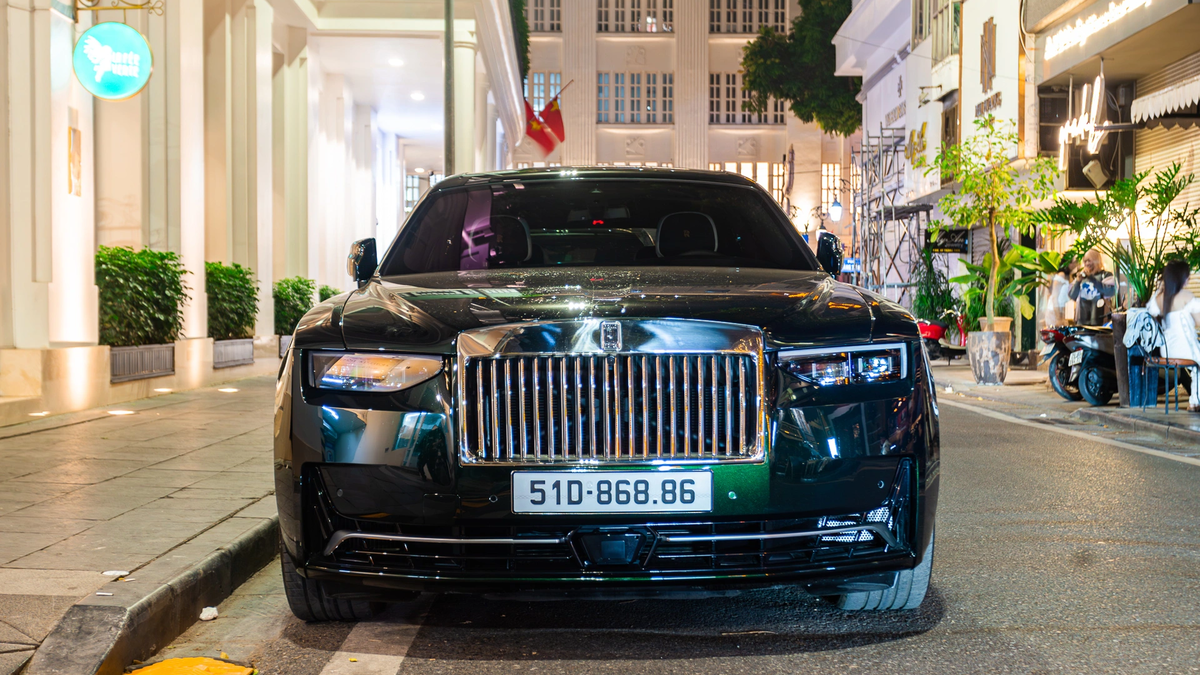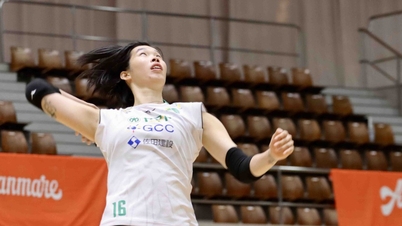GĐXH - Studies have shown that high or low EQ is not innate but is influenced by the environment, especially the parents' educational methods.
Professor Ly Mai Can once said in a speech that a person's EQ has a great relationship with the initial family environment, especially the parents' educational methods.
If your child's EQ is getting lower and lower, instead of blaming the child or finding problems with the child, parents need to examine themselves first to see if there are any problems in their daily communication with the child.
According to many psychologists, the 3 types of fathers below are likely to raise children with low EQ.
1. In daily life, father does not respect mother
After a child is born, the relationship between parents is the first model for the relationship between the sexes that the child is exposed to.
It can be said that children's later emotional awareness will be absorbed from their parents' marriage, especially for sons. The way a father treats his mother is often used by the son to treat other women.
If a son unfortunately inherits his father's male chauvinism, his love life will be bumpy and family life will hardly be happy.

It can be said that children's future emotional awareness will be absorbed from their parents' marriage. Illustrative photo
2. Father is always calculating and stingy
Although nowadays, people's living standards have improved a lot compared to before. But some people still like to calculate everything, even can be considered stingy, miserly.
Moreover, this type of father also likes to take advantage of others, for a small benefit he can throw morality aside.
Such a father is very likely to raise selfish children who only know how to take advantage and only care about immediate benefits.
3. The father is often beaten and scolded by his child.
As children grow up, if they are "abused" physically, verbally, emotionally, etc., it will lead to excessive stress.
At this time, the brain produces chemicals such as cortisol, making it more sensitive to threats and ready to respond.
If fathers do not manage their emotions well, children will also adopt the same "emotional" coping method.
To put it bluntly, it's just a copy of adult behavior.
If children do not receive understanding and respect from their parents when they grow up, they will find it difficult to understand and respect others later in life.

If fathers do not manage their emotions well, their children will also apply the same "emotional" coping method. Illustration photo
4. Fathers have low emotional intelligence when dealing with problems
Parents are the best teachers of their children. If there is a daughter in the family, the mother's words and actions are even more important, because the daughter will learn from her.
But if it is a son, the father will be primarily responsible for influencing the development of his child's emotional intelligence.
A father who is narrow-minded and holds grudges in interpersonal communication can cause children to "learn" and imitate.
After a long time, the child will become a hateful, calculating person.
Therefore, if mothers notice that their children have their father's shortcomings, they should remind their husbands to pay more attention to their children.
5. The controlling father
Many fathers believe that distinguishing between good and bad in a child must begin from a young age. Therefore, they often increase the management of their children.
From small things like eating and sleeping every day, to the children's friends, they want to strictly control all of these things.
This type of controlling father often wants his children to develop according to his arrangement, but they do not know that by doing this they are actually hurting their children under the slogan "all for the good of the children".

Many fathers believe that distinguishing between good and bad in a child must begin from a young age. Therefore, they often increase the management of their children. Illustrative photo
6. "That's my personality, I have to accept it."
"My temperament is like this, what else can I do?" - Many fathers blame the past, their innate personality.
They consider themselves to have “low emotional intelligence” and take it for granted that there is nothing they can do to keep from hurting their children.
But is the default assumption that “emotional intelligence” is unchangeable correct?
There is a term in psychology called "intergenerational inheritance", which means that everyone has some trauma from their family, and this trauma will continue from generation to generation.
But in reality, "intergenerational transmission" is both inevitable and preventable.
Being stuck is the real reason why we cannot educate our children well.
There is no perfect family in this world and no one is completely untouched.
The problems of the past are worth facing and reflecting on, but it is not worth repeating the same problems from generation to generation.
To raise children with "high emotional intelligence", we should start with the parents themselves. American investor Charlie Munger has a very important theory - the theory of reverse thinking.
For example, when researching how to have a happy life, he started from "living a miserable life", finding all the factors of life that cause suffering, and then asking people to avoid these factors to achieve happiness.
So how can we raise children with "high emotional intelligence"? Everyone should apply this thinking model: Instead of trying to correct children's inappropriate words and actions, and not reading many reference books on improving emotional intelligence, practicing speaking skills, communication skills for children... understand clearly the causes of those things in children.
Source: https://giadinh.suckhoedoisong.vn/nhung-dua-tre-co-eq-thap-thuong-so-huu-kieu-nguoi-cha-nay-172250314110706375.htm



![[Photo] Prime Minister Pham Minh Chinh meets with representatives of outstanding teachers](https://vphoto.vietnam.vn/thumb/1200x675/vietnam/resource/IMAGE/2025/11/15/1763215934276_dsc-0578-jpg.webp)



![[Photo] General Secretary To Lam receives Vice President of Luxshare-ICT Group (China)](https://vphoto.vietnam.vn/thumb/1200x675/vietnam/resource/IMAGE/2025/11/15/1763211137119_a1-bnd-7809-8939-jpg.webp)






































































































Comment (0)